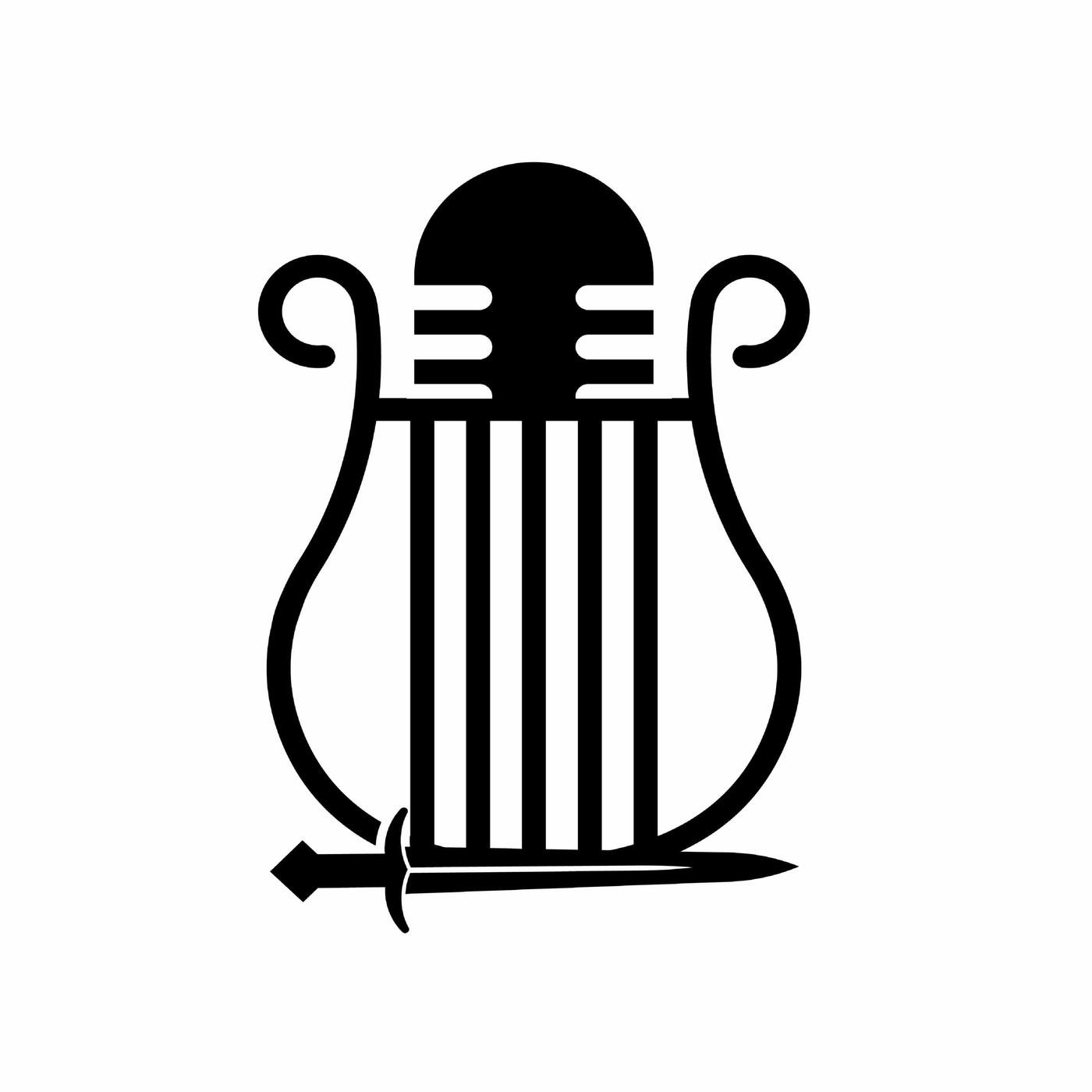
If you've ever heard of or read the Iliad or the Odyssey, you may have thought 'ehh, what's all the hype about?'. Why is Achilles so mad, and why is Odysseus such an asshole!? In this podcast I will be answering this, and many, many more such questions about the twin epics from the blind bard in audio format. So join me on this literary / historical / mythological adventure into the wine dark depths of Homers literary sea. <br/><br/><a href="https://homericepicpodcast.substack.com?utm_medium=podcast">homericepicpodcast.substack.com</a>
Continuing from the last episode, we cover the 2nd half of Iliad book 9. Having already heard from Odysseus and Achilles, we hear from a new character: Phoenix. He delivers the longest speech in the entire poem, detailing 3 paradeigmatic stories on why Achilles should return to battle. Achilles replies, and lastly we hear from straight-talking Ajax. Achilles position is beginning to look a bit unreasonable by the end of the book, which closes with very little accomplished on the embassies part. Lastly, I dive into the key changes that occur within Achilles to close out this amazing chapter!
In this 10th episode of the Homeric Epic Podcast, we cover the first half of book 9, the start to the pivotal ‘Embassy to Achilles’. The tension between Achilles and Agamemnon has reached a critical point, and Agamemnon, desperate to save the Greek forces, sends an embassy to Achilles with lavish gifts, hoping to persuade him back into the fight. Achilles’ response is a powerful, emotional speech that lays bare his disillusionment with the heroic code and reinforces his wrath. This book is so densely packed with theme and characterization, that I was forced to split it into two parts!
In this 9th episode of the Homeric Epic Podcast, we delve into book 8 of the Iliad, full of heroes and Gods driving chariots. We see how Diomedes inviting Nestor to flee the battlefield mirrors a different moment from the Trojan war, and how Athena and Hera try to copy the mortal champions, but don’t have the chutzpah to defy the thunderbolts of Zeus. Lastly, we take a look at the famous simile of the watchfires that closes out this book.
All of this looking forward to the 9th book of the Iliad, not just because this is the 8th book, but also because of the foreshadowing and literary connections that tie the story together.
In the 8th episode of the Homeric Epic Podcast, we go over the duel between Ajax and Hector, diving into the speeches preceding and following the clash between heroes. There are some interesting connections between the stories told by Nestor and the later events of the Iliad, and I also explore just how far the plot has progressed as the first day of fighting comes to an end.
In the 7th episode of the Homeric Epic Podcast, we delve into the life of Hector: The Mortal Man. As Hector returns briefly to Troy we are given a glimpse inside the doomed city, and inside the life of the doomed hero. Book 6 is one of the more thematically self consistent books of the Iliad, and I attempt to highlight how seemingly small moments in the beginning are meant to frame the big emotional moments later on in the book.
In this 6th episode of the Homeric Epic Podcast, we cover the longest book in the Iliad, book 5. Filled entirely by the exploits of the hero Diomedes as Athena contrives to bring honor to the young hero, we see how Homer is training us on model heroic behavior in these early books, preparing us to compare between Diomedes and Achilles aristeia. I also touch on some fascinating comparative mythology between Iliad book 5 and the Epic of Gilgamesh, and I look at how Homer uses his Gods not to denigrate his heroes, but instead, elevate them.
In this 5th episode of the Homeric Epic Podcast, we will cover book 4 of the Iliad. The tension built by the first 3 books is held in the bowstring of Pandarus, and released in a shot that severs the oath between armies made in book 3. Battle begins, and the stage is set for one champion to take the spotlight. Finally, I discuss the epic story telling device known as the Aristeia, its characteristics, and what we should look out for in the following scenes of battle throughout the story.
In this episode of the Homeric Epic Podcast, we cover book 3 of the Iliad, and a possible conclusion to the Trojan war; the duel between Menelaus and Paris, winner-takes the beautiful Helen. I also discuss some obscure myths contained in epic simile, and one explanation for the location of book divisions in the Iliad.
In this episode of the Homeric Epic Podcast we cover the lengthy catalogue of ships that dominates book 2 of the Iliad. I cover the mythological references and subtle details that belies this seemingly long and strange passage, and show how there is much more than meets the eye in book 2.
In this episode of the Homeric Epic Podcast, we dive deep into book 1 of the Iliad, the start of it all. Join me as Homer sets the stage for the destruction and death caused by one mans ὕβρις and another mans μῆνις.